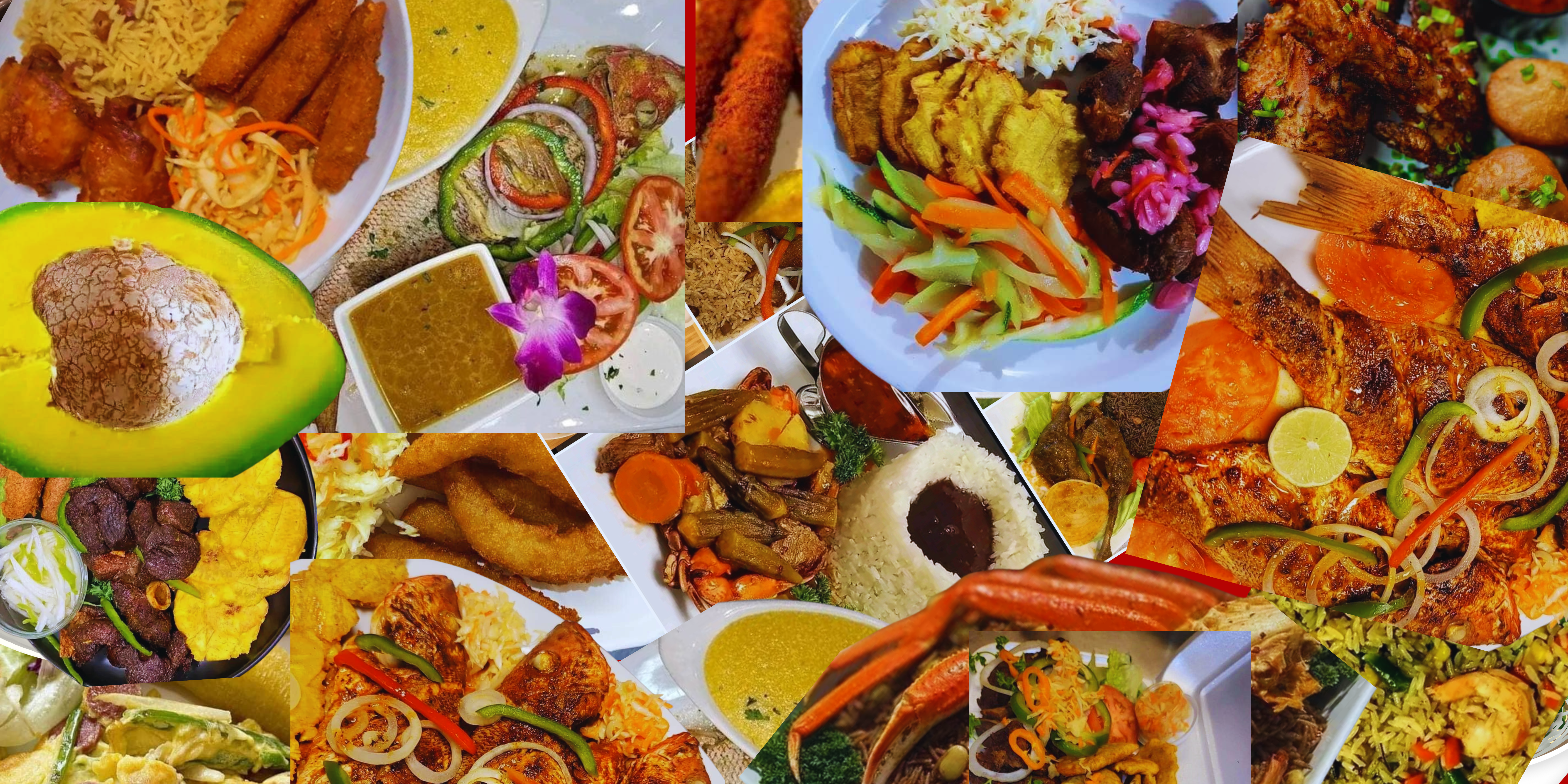
The Impact of International Policies on Haiti’s Agriculture
The agricultural sector in Haiti, which contributes about 25% to the GDP and employs half the workforce, faces significant challenges. Despite its potential, the sector struggles due to political instability, gang violence, and environmental issues. However, international policies and actions, particularly by the UN and the US, have also played a role in shaping the current state of Haiti’s agriculture.
Dependency on Food Aid
The UN World Food Programme (WFP) has been heavily involved in providing food aid to Haiti. This assistance, while crucial in addressing immediate hunger crises, has created a dependency that undermines local agriculture. The constant influx of food aid disrupts local markets, making it difficult for Haitian farmers to compete with free or low-cost imported food. This dynamic discourages investment in local agriculture and perpetuates a cycle of dependency on external aid? (UN News)?? (UN Press)?.
Impact of International Aid Policies
There is a perception that international policies, particularly those from powerful nations like the US, have not always been supportive of Haiti’s agricultural self-sufficiency. For instance, the emphasis on food aid over agricultural development support has been criticized. Critics argue that this approach benefits donor countries and international organizations more than it helps Haiti develop sustainable agricultural practices. The food aid often comes with strings attached, reinforcing the dependency rather than empowering local farmers to build resilience and self-reliance? (IFC)?? (UN Press)?.
Challenges and Opportunities
Haiti’s agricultural sector has the potential for growth and resilience, as evidenced by initiatives linking smallholder farmers to high-end markets. Projects supported by international organizations like the IFC have shown success in providing training, high-quality seeds, and access to formal markets, helping farmers improve their incomes and reduce reliance on informal markets. These efforts highlight the importance of supporting local agriculture through sustainable practices and direct market access rather than through continued dependency on food aid? (IFC)?.
Conclusion
For Haiti to achieve agricultural self-sufficiency and reduce its dependency on international food aid, there needs to be a significant shift in international policies. Support should focus on building local capacity, providing training and resources to farmers, and creating a stable environment for agricultural development. Only through such measures can Haiti’s agricultural sector thrive and contribute to the country’s overall economic stability and food security.
Haiti’s land is the most organic land on the planet. Every seed planted grows without fertilizer. Haiti is also surrounded by sea which means fishing production has never been developed by any government or private sector. It’s time for a change. Other countries are using Haiti’s water for fishing. Haiti is rich with food despite what the US media wants people to believe that Haiti is the poorest country in the hemisphere so they can control it better and exploit its resources under the disguise of Aid Program.








